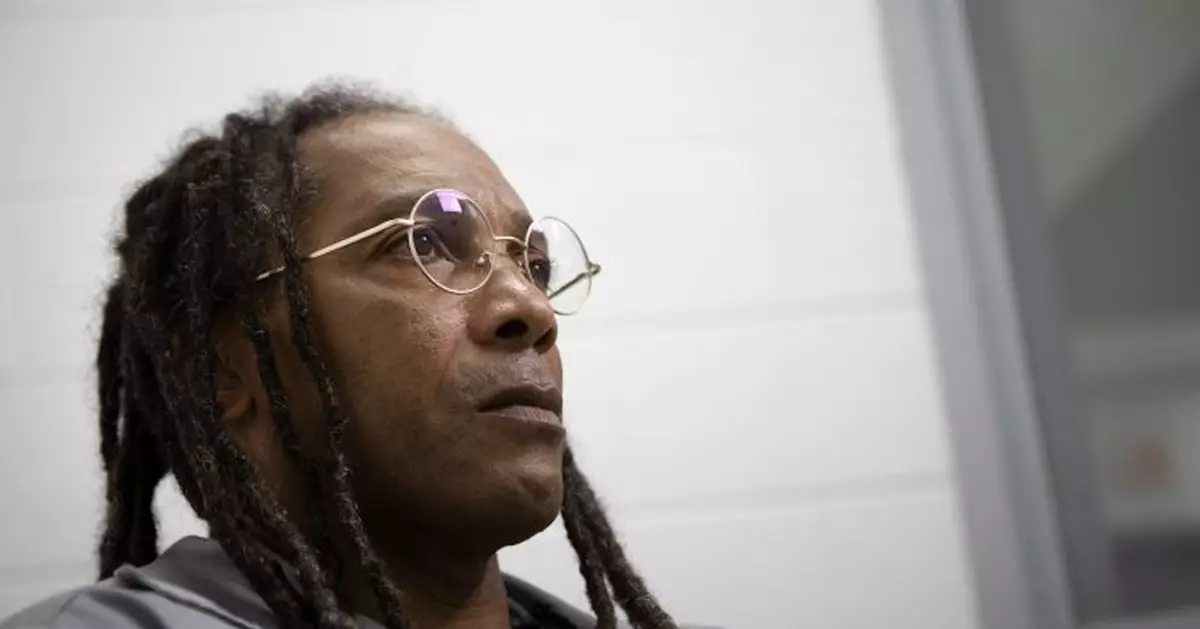Attorneys for a Kansas City man who has spent most of his life in prison for a triple murder that many people, including a prosecutor, believe he didn't commit will get a chance Monday to argue that their client should be exonerated.
The evidentiary hearing in Kevin Strickland's case comes after months of delays caused by legal procedures and canceled hearings prompted mostly by motions filed by the state attorney general's office. Attorney General Eric Schmitt, a Republican running for Senate, has said he believes Strickland is guilty of the murders.
Strickland, 62, has been in prison since his conviction in 1979 in the April 25, 1978, fatal shootings of Larry Ingram, 21; John Walker, 20; and Sherrie Black, 22, in Kansas City.
Strickland, a Black man, saw his first trial end in a hung jury when the only Black juror, a woman, held out for acquittal. After his second trial in 1979, he was convicted by an all-white jury of one count of capital murder and two counts of second-degree murder.
Strickland has always maintained that he was home watching television and had nothing to do with the killings, which happened when he was 18 years old.
In May, Jackson County Prosecutor Jean Peters Baker announced that she and other legal and political leaders believe Strickland was wrongfully convicted. She said evidence used to convict him had been recanted or disproven since his trial.
Two other men convicted in the killings later insisted that Strickland wasn't at the crime scene, The Kansas City Star reported. And before she died, the only eyewitness to the killings recanted her testimony that Strickland was the shooter.
In June, the Missouri Supreme Court declined to hear Strickland’s petition. Republican Gov. Mike Parson also refused to pardon Strickland, saying he wasn't convinced that Strickland was innocent.
Hearings were scheduled in August in DeKalb County, where Strickland is imprisoned. Those hearings were canceled after Peters Baker used a new state law to seek an evidentiary hearing i n Jackson County, where Strickland was convicted. The law allows local prosecutors to challenge convictions if they believe the defendant did not commit the crime.
A hearing scheduled for Sept. 2 was delayed after Schmitt's office sought more time for the court to hear several motions his office filed in the case.
Schmitt sought to have all 16th Circuit judges in Jackson County recused from presiding over the evidentiary hearing because the presiding judge in that circuit had said he agreed that Strickland was wrongfully convicted.
The Missouri Supreme Court ruled Sept. 30 that the Jackson County judges should be recused from the hearing to avoid any suggestions of impropriety or bias, delaying another hearing. Retired Senior Judge James Welsh was then appointed to preside over the case.


